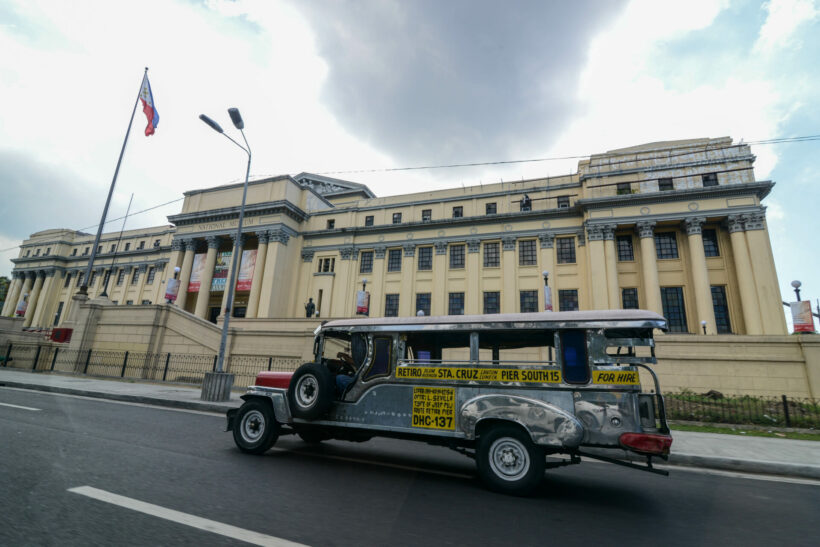We, the Philippine Misereor Partnership, Inc. (PMPI), a social development and advocacy network of more than 250 church faith-based groups, non-governmental organizations, and people’s organizations in the Philippines, stand in solidarity with the jeepney drivers and operators who are facing the threat of losing their livelihood due to the jeepney modernization program. We support their campaign against the phaseout of jeepneys, which are not only a symbol of Filipino culture and ingenuity, but also a vital mode of transportation for millions of commuters.
While we acknowledge the need to rehabilitate our public vehicles for clean air and better service, the jeepney modernization program should not be implemented in a way that violates the economic rights and dignity of the jeepney drivers and operators.
No one should be left behind on the path to progress.
We echo the calls of different groups, congressmen, and senators who call for the sincere and holistic study of the program – one that takes into account the environmental sustainability and economic viability of jeepney modernization. We call for a just transition to modern jeepneys that ensures their participation, consultation, and representation in the planning and implementation of the program. We also call for adequate government support for the drivers in its implementation of the PUJ Modernization Program, including higher subsidies for drivers and operators, the elimination of the consolidation requirement, and full support in the local jeepney manufacturing industry. We urge everyone to stand with jeepney operators and drivers as they fight for their livelihood and rights.
No jeepney modernization program should be implemented unless it is environmentally sustainable and socially just. We are not the enemies of progress, but rather the partners of development – not for the few but for all.
#NOTOPUVPHASEOUT
Jeepneys are the most popular means of public transportation in the Philippines. They are known for their crowded seating and kitsch decorations, which have become a ubiquitous symbol of Philippine culture and art. A Sarao jeepney was exhibited at the Philippine pavilion at the 1964 New York World’s Fair as a national image for the Filipinos.
Jeepneys were originally made from U.S. military jeeps left over from World War II. The word jeepney is portmanteau – some sources consider it a combination of “jeep” and “jitney”, while other sources say “jeep” and “knee” because the passengers sit in very close proximity to each other.
While most jeepneys are used as public utility vehicles, those used as personal vehicles have their rear doors attached with “For family use” or “Private” signs painted on them to alert commuters. Exceptions to this are jeepneys traversing expressways, where rear doors are mandatory, and at times, mechanically rigged to be controlled from the driver’s side. Jeepneys are used less often for commercial or institutional use [Wikipedia.org]










